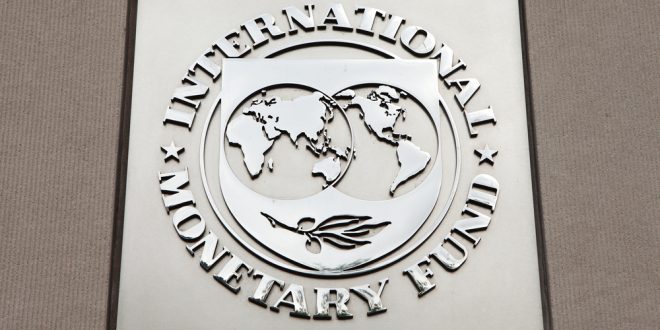The International Monetary Fund has reduced its forecast for the global economy, but this time with a loud warning, claiming that “The worst is yet to come, and for many people 2023 will feel like a recession”. “More than a third of the global economy will contract this year or next, while the three largest economies — the United States, the European Union, and China — will continue to stall,” said Pierre-Olivier Gourinchas, the IMF’s chief economist.
On Tuesday, the IMF said it expects global growth to slump to 2.7% next year, with a 25% chance it could fall below 2%. That compares with projected growth of 3.2% this year. The figure for next year is 0.2 percentage points lower than the IMF’s July expectation, as high inflation and a slowdown in China drag on activity in addition to the negative impact of Russia’s war in Ukraine.
The prospects for the global economy as outlined by the IMF are the third weakest since 2001, behind only the 2008 financial crisis and the worst phase of the coronavirus pandemic. Global growth has fallen below 2% just five times since 1970.
The IMF believes that global inflation will peak late this year, but will “remain elevated for longer than previously expected,” even as central banks work aggressively to bring it under control.
Global inflation is expected to rise from 4.7% in 2021 to 8.8% this year. It’s then forecast to fall back to 6.5% in 2023 and 4.1% by 2024.
Major central banks aim for inflation near 2%, and have been hiking interest rates in a bid to limit price rises. But the campaign is also boosting risks to the economy.
If they go too hard, it could exacerbate a global downturn, while dialing back efforts could allow inflation to become entrenched.
“Central banks around the world are now laser-focused on restoring price stability, and the pace of tightening has accelerated sharply,” Gourinchas wrote. “There are risks of both under- and over-tightening”.
Last week, the United Nations Conference on Trade Development cautioned that tighter monetary policy could inflict worse damage globally than the financial crisis in 2008 and the Covid-19 shock in 2020.
The IMF said that higher rates, while necessary, are creating instability, particularly for emerging markets with high levels of debt.
The latest forecasts included some notable downgrades for big economies. The United States is now expected to grow by just 1.6% this year, and is set to expand by only 1% in 2023.
Growth in China has also been revised lower, to 3.2% in 2022 and 4.4% in 2023. The IMF called out the lingering effects of attempts to contain the spread of coronavirus and the rapid weakening of the property sector, which it said accounts for about one-fifth of the country’s economic activity.
“Given the size of China’s economy and its importance for global supply chains, this will weigh heavily on global trade and activity,” the IMF said.

 Noor Trends News, Technical Analysis, Educational Tools and Recommendations
Noor Trends News, Technical Analysis, Educational Tools and Recommendations




